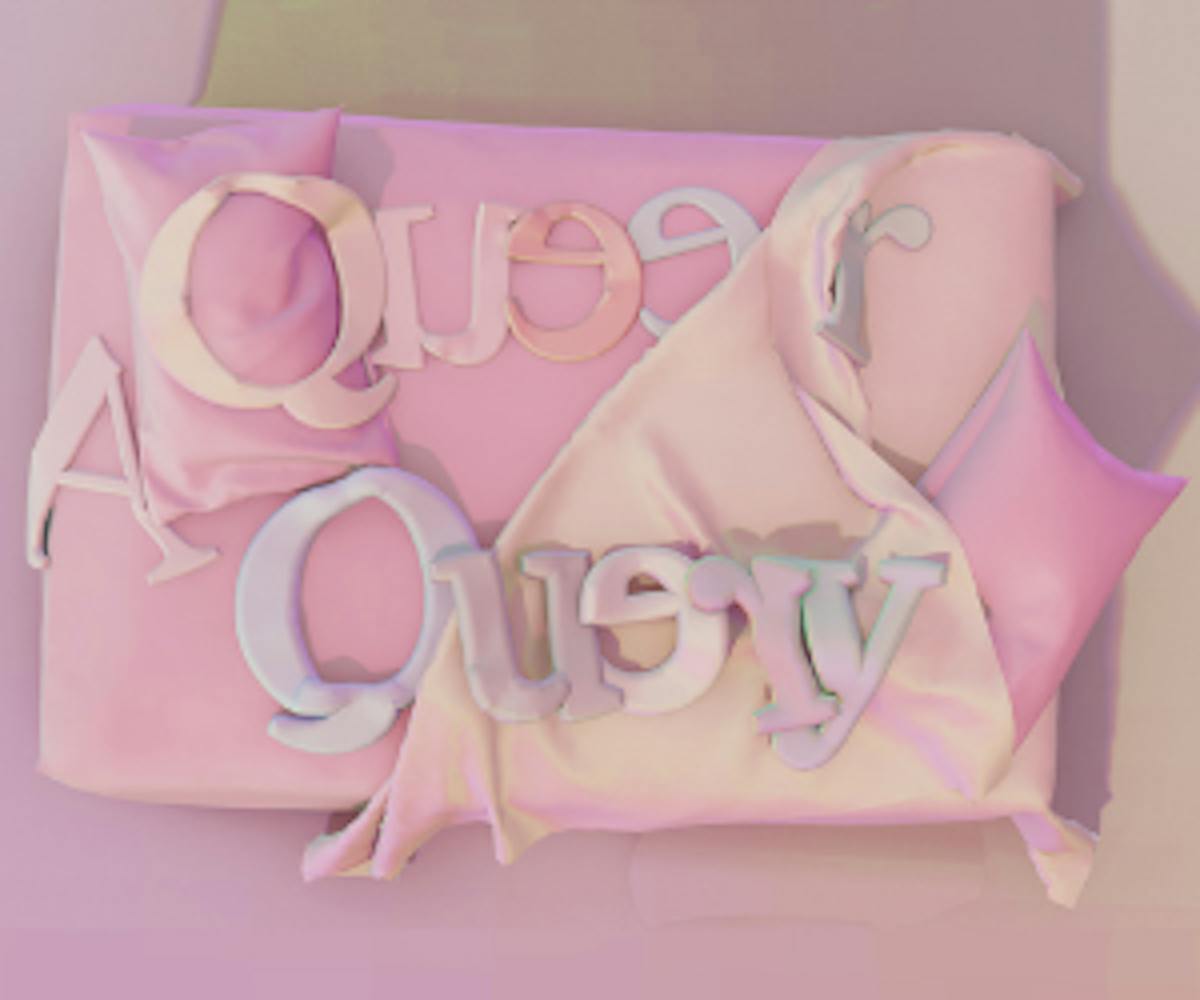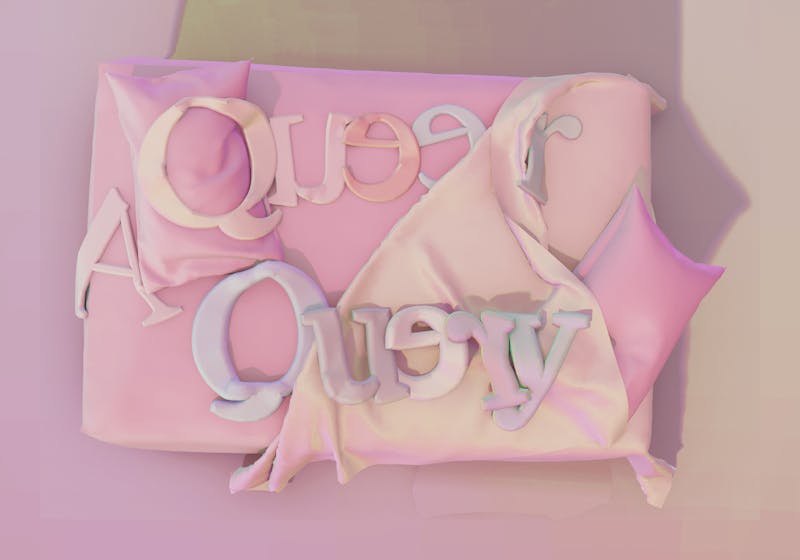A Queer Queery
Event Date: Dec 5, 2020; Event City: A Queer Query Organized by David Eskenazi An event on queerness around architecture today. Watch live: https://livestream.com/sciarc/... Queer culture reflects a deep love for uplifting the marginalized, for standing up for visibility, and for making its own space. It’s inclusive and particular, genre-defying, painful yet hopeful. The term “queer” is a reclaimed word, transformed from an insult to badge of honor, a word that has metamorphosized and grown to broadly encapsulate a group of people who feel an identity with queerness’s accumulation of gender, sexuality, class, race, and bodily histories, and the politics of life that flow from identities that are more complex, more vague, more outside, than things that aren’t queer. Every examination of queer people, of queer culture, is also an examination of how dominant systems subjugate all people. That’s what makes talking about queerness so tricky: the term is hard to pin down and it’s hard to make claims about its entirety. Can queer art, queer culture, and queer people construct independent discourses? And can architecture’s entanglements in commerce ever allow it to queer, albeit briefly? Read the full post on Bustler


Event Date: Dec 5, 2020; Event City:
A Queer Query
Organized by David Eskenazi
- An event on queerness around architecture today.
Watch live: https://livestream.com/sciarc/...
Queer culture reflects a deep love for uplifting the marginalized, for standing up for visibility, and for making its own space. It’s inclusive and particular, genre-defying, painful yet hopeful. The term “queer” is a reclaimed word, transformed from an insult to badge of honor, a word that has metamorphosized and grown to broadly encapsulate a group of people who feel an identity with queerness’s accumulation of gender, sexuality, class, race, and bodily histories, and the politics of life that flow from identities that are more complex, more vague, more outside, than things that aren’t queer. Every examination of queer people, of queer culture, is also an examination of how dominant systems subjugate all people.
That’s what makes talking about queerness so tricky: the term is hard to pin down and it’s hard to make claims about its entirety. Can queer art, queer culture, and queer people construct independent discourses? And can architecture’s entanglements in commerce ever allow it to queer, albeit briefly? Read the full post on Bustler
